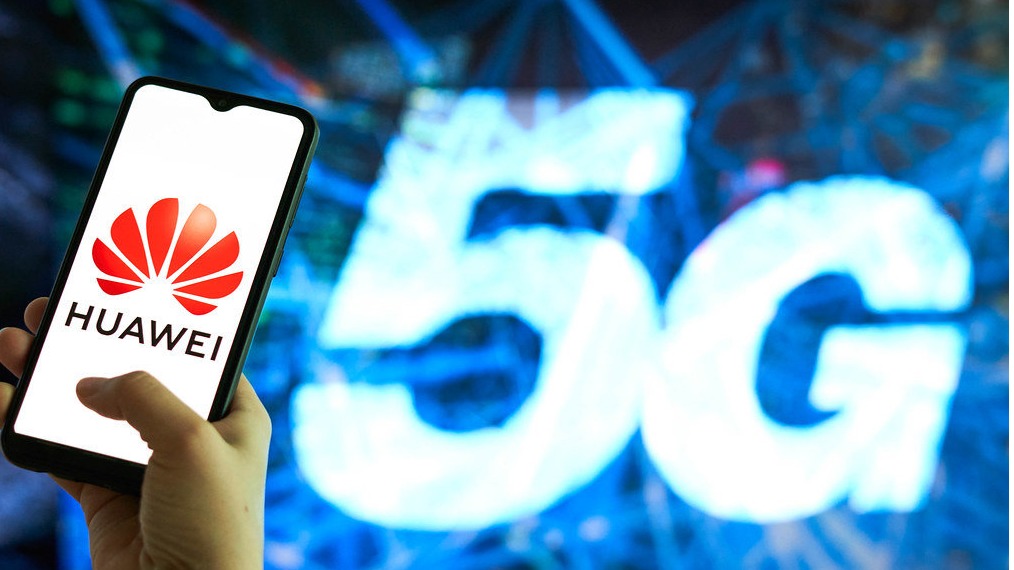The Biden administration has revoked eight licences that previously allowed certain companies to supply goods to Chinese telecoms giant Huawei.
This information, first revealed in a document obtained by Reuters, highlights the US government's continued efforts to pressure the resurgent company.
The Commerce Department, which oversees US export policy, confirmed that since the beginning of 2024, it had revoked "eight additional licences involving Huawei". Whilst the specific companies affected were not named, previous reports indicated that licences for major tech firms such as Qualcomm and Intel were among those withdrawn.
This action comes amidst Huawei's recent resurgence in the global market. Despite being placed on a US trade restriction list in 2019 due to national security concerns, the company has shown remarkable resilience. In the first six weeks of 2024, Huawei's smartphone sales surged by 64 per cent year-on-year, according to research firm Counterpoint. This comeback was partly fuelled by the launch of a new phone featuring a cutting-edge chip manufactured by Chinese chipmaker SMIC, despite US export restrictions on both companies.
The document also sheds light on the broader scope of US export controls. Between 2018 and 2023, the Commerce Department approved $335 billion worth of licences out of $880 billion in applications seeking permission to sell to Chinese entities on the restricted list. Notably, $222 billion of these approvals came in 2021, President Biden's first year in office.
The revocation of licences is seen as part of a larger strategy to curb Huawei's technological advancement. However, the Commerce Department noted that some approvals for Huawei still include "low-technology components for consumer mass-market items" that are widely available in China from various sources.
As pressure mounts from Republican China hawks in Congress to take a tougher stance, the Biden administration's actions signal a continued commitment to restricting Huawei's access to US technology. The company, which has consistently denied being a security risk, now faces fresh challenges in navigating the complex landscape of international trade and geopolitical tensions.
Latest News
-
The top technology trends to expect in 2026
-
The most read National Technology News stories of 2025
-
Lyft and Uber sign deals with Baidu for robotaxi trial in London
-
Nextdoor launches AI-driven self-serve ads platform for small businesses
-
Italy's antitrust fines Apple €98.6m over alleged App Store dominance
-
Visa partners with UAE real estate firm to launch voice-enabled agentic commerce payments
The future-ready CFO: Driving strategic growth and innovation
This National Technology News webinar sponsored by Sage will explore how CFOs can leverage their unique blend of financial acumen, technological savvy, and strategic mindset to foster cross-functional collaboration and shape overall company direction. Attendees will gain insights into breaking down operational silos, aligning goals across departments like IT, operations, HR, and marketing, and utilising technology to enable real-time data sharing and visibility.
The corporate roadmap to payment excellence: Keeping pace with emerging trends to maximise growth opportunities
In today's rapidly evolving finance and accounting landscape, one of the biggest challenges organisations face is attracting and retaining top talent. As automation and AI revolutionise the profession, finance teams require new skillsets centred on analysis, collaboration, and strategic thinking to drive sustainable competitive advantage.
© 2019 Perspective Publishing Privacy & Cookies








Recent Stories